Okay, now that I have your attention, I’m not saying that interactive group games & activities don’t work.
My point is – don’t fall into the trap of thinking that playing a few games will solve your problems.
Or, described another way, how often have you thought: I wonder what activity would solve ‘this’ problem?
An Illustration
I would be rich if I had a dollar for every teacher or trainer I have encountered who thought to introduce the iconic Trust Fall exercise because they understood that their group needed to develop trust. Arghhhhhhh!
The Trust Fall suffers from an unfortunate attribute in that its name telegraphs one of the possible outcomes of the activity (click here to read more about why I never use this name to describe the exercise.)
The thinking goes something like this: My group needs to trust one another. I don’t have much time (or, more likely, I have no clue what else to do,) so I’ll present the Trust Fall, and (dusting off one’s hands) the problem will be solved. Ahem, not often, and sadly, it may even be worse. Point in case – imagine if the first person is dropped or not adequately supported. Who wants to go next?
Provide a Catalyst
The way I see it, interactive group games and activities are not the solution so much as they can be a very powerful (and thankfully attractive) way to address an issue a group is grappling with.
So your group needs to focus more on planning. Got it. Here’s a program (solution) that will invite your group to explore what it means to plan well, and if they don’t, there will be ample teachable moments. Or, I’d like this group of strangers to get to know one another better, so here’s a sequence of activities I like to present that will invite my group to play, interact and share, etc, etc.
The group games & activities I choose to facilitate are the vehicles through which I invite my group to explore, interact, and be challenged by any number of topics or issues. To strengthen relationships, build energy, foster collaboration, promote communication, sharpen focus, etc. You get the idea.
Yes, absolutely, these programs – when carefully sequenced and well facilitated – CAN do all of this. Still, there is not ONE activity or ONE program that can necessarily do it all, nor all of the time. This is where skilled practitioners with years of experience and ample social and emotional intelligence step in.
So, the next time you reach into your ‘bag of tricks’ to pull a rabbit out of your hat, keep the word CATALYST in mind.
You can’t do (all) the work for your group. Provide a safe place and the opportunity to do the work, then step back. Honour choice, and hold up a mirror when necessary to invite your group to reflect on what’s happening and what they will do about that. And then do it again. And again, and again.
Group games & activities are not the solution, but I am so glad they are a part of my toolkit.
What do you think? Please share in the Comments below…
ps: in some ways, I’m writing this because I want to refer to it every time a prospective client is eager to engage my services 🙂
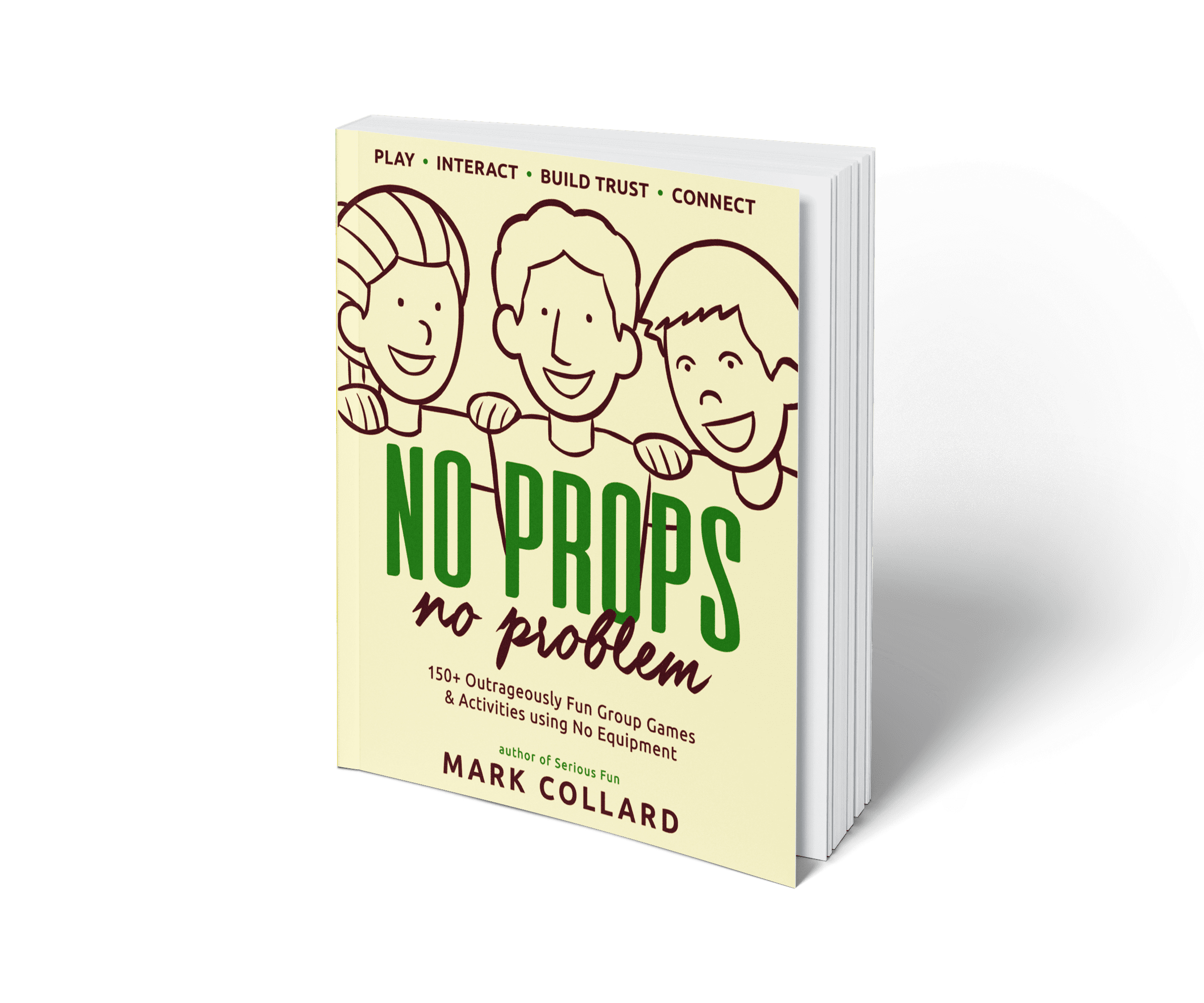
No Props? No Problem!
Get 150+ no-prop games & activities + exclusive 30-day free trial of playmeo. Scan QR codes to view activity videos, leadership tips, etc.
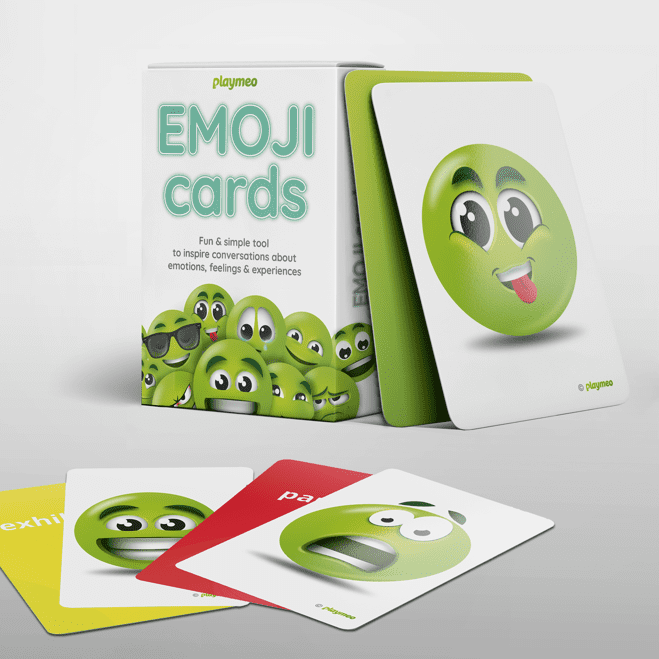
EMOJI Feeling Cards
50+ cards that portray a range of emotions from happy, sad, angry & confused. Ideal for building emotional literacy skills.
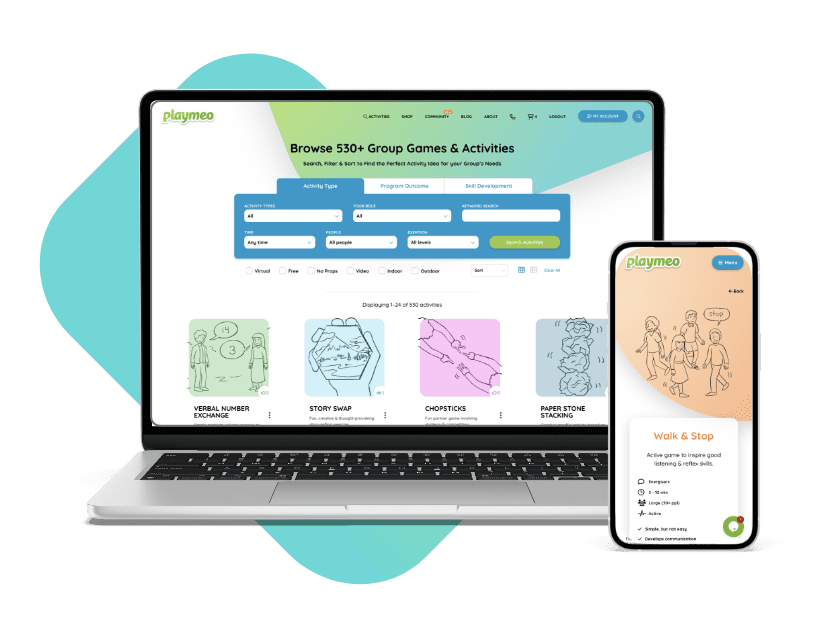
Wow, you’ve been busy!
You can open 1 more
activity for free.
Limit resets every 24 hours
or click below to get unlimited access.





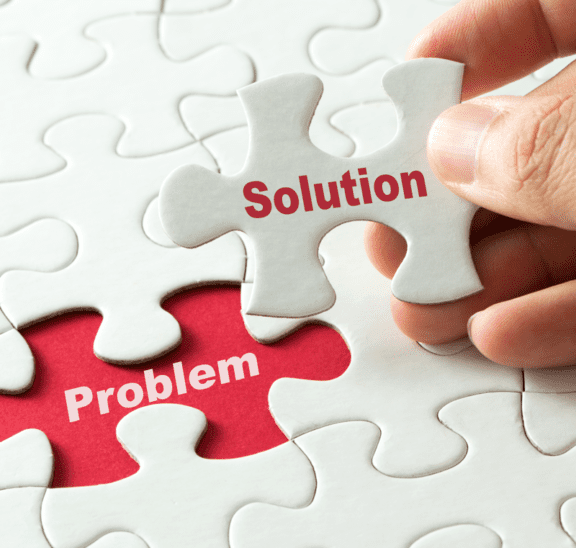


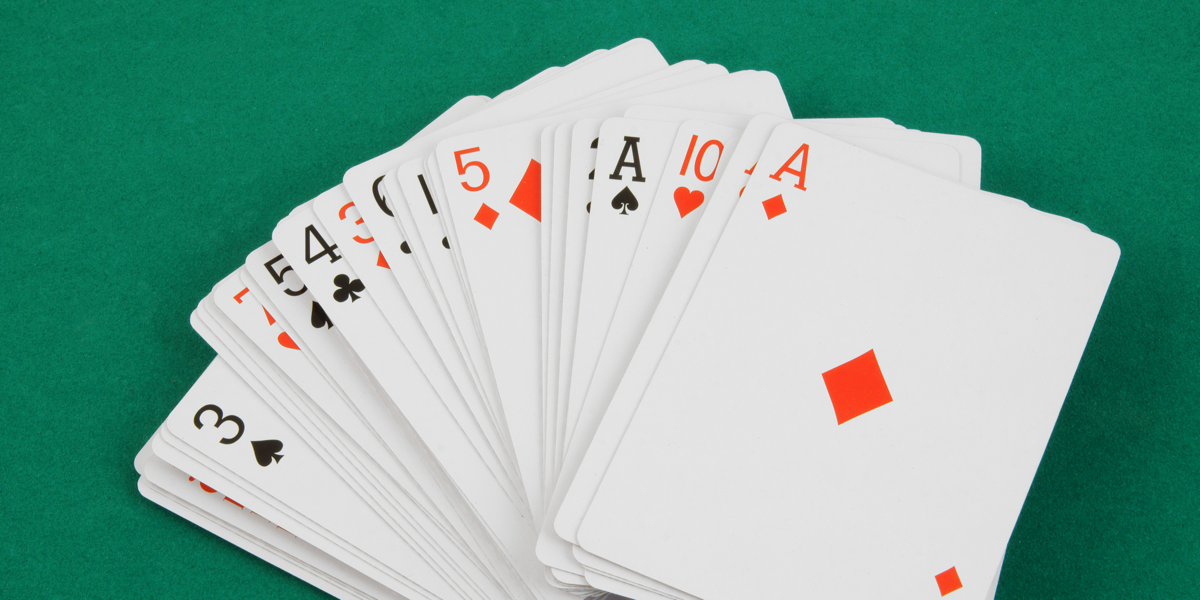


thaaaaanks for this, mark.
loving the metaphors and analogies.
will discuss with you later.
for now, i am excited by these:
vehicles, catalyst, toolkit.
maybe we can combine the words with other ideas such as journeys, travel agent, destination, ‘finished products’, prototype, selling an idea, tour guide, et al.
smiiiiiiiiiile.